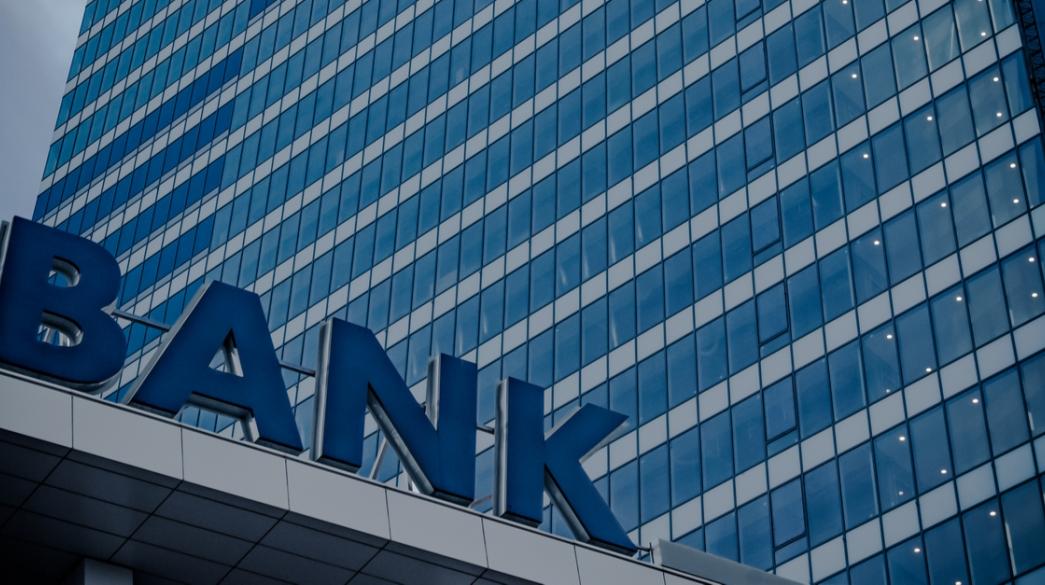The failure of the first program for state-guaranteed and cheap loans to small businesses has now been recognized by the government, with the Minister of Development and Investment, Adonis Georgiadis describing it as "by far the most failed program of the Development Bank". This is a paradoxical development, at first reading, as representatives of small and medium-sized enterprises are constantly calling for help on liquidity and a refusal by banks to lend to them.
In parliament, Georgiadis confirmed the catastrophic failure of the special guarantee program of the Development Bank, which had a budget of 450 million euros for the provision of guarantees that has remained unclaimed:
"The following has preoccupied me," said Georgiadis, "With my own intervention, we saw that in our big guarantee programs the money was going to the big customers but was running out quickly without going to the smaller players. With my personal decision I made a program of 450 million euros, where I set a limit that each loan could not be higher of 50,000 euros. Guaranteed at 80%. To force the banks to issue these loans to small businesses.
- I have to tell you because you need to know the truth: It was by far the most failed program of the Development Bank. Not even 1,500 loans were given.
- A few days ago we voted in the Board of Directors (of the Development Bank) to increase the limit from 50,000 to 250,000 euros so that the money does not just sit there. Even with this condition, the loans with 80% guarantee and the pressure to go to the very small businesses, it was not given.
So, I tell you that the problem is more complex than we think in a debate in Parliament. That is why the law we passed on the merger of companies and tax incentives actually aims to create companies whose volume will allow them to obtain such loans more easily, so that we have a multiplier effect on the Greek economy."
The main factor that explains the reluctance of small businesses to take guaranteed loans, apart from the fact that many small businesses do not meet the basic requirements to apply to banks (financial situation, the existence of overdue loans, etc.) is that they have fully met their liquidity needs through other government programs.
According to data provided to the Parliamentary Committee on Economic Affairs by Dimitris Malliaropoulos, chief economist of the Bank of Greece, the repayable advance offered liquidity of 5.5 billion in 2020 and 2.8 billion in 2021 to businesses and the self-employed BoG data show that the liquidity from the repayable advance corresponds to 23% of the total financing received by the business sector in 2020 and to 28.6% for 2021.
Given that this program did not go through the banking system and had fairly flexible participation criteria, much of the liquidity went to smaller businesses and the self-employed. Somehow, the program for guaranteed loans has ended up being unclaimed.









